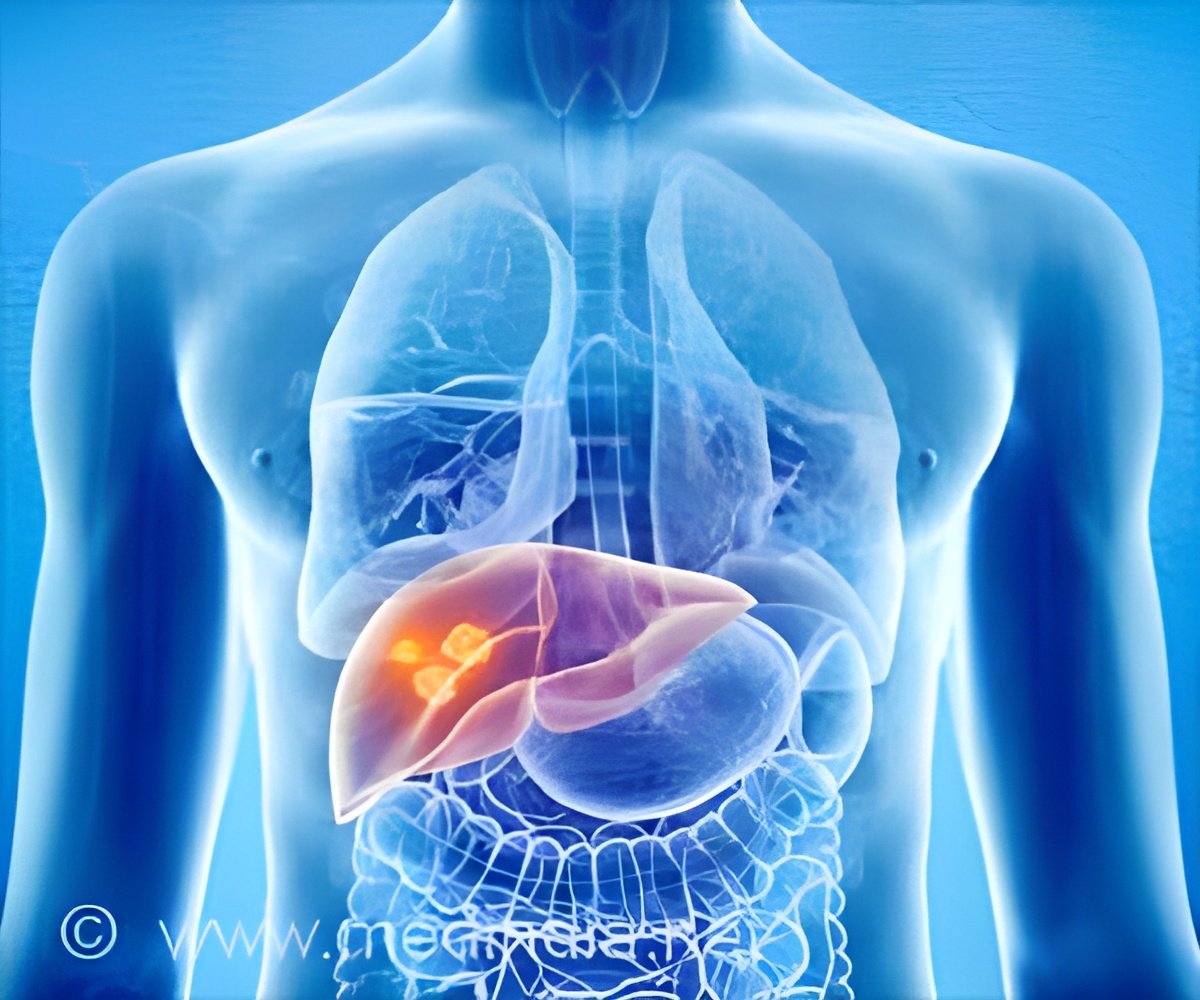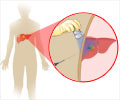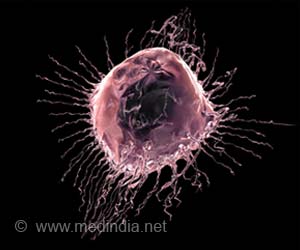A microRNA in obese mouse mothers that may increase the odds of liver cancer in their offspring throughout multiple generations has been discovered by scientists.

"Maternal obesity, which directly affects the health of the offspring, plays a critical role in the obesity epidemic and metabolic diseases," explained lead investigators Ling Zheng, PhD, College of Life Sciences, Wuhan University, Wuhan, China, and Kun Huang, PhD, Tongji School of Pharmacy, Tongji Medical College, Huazhong University of Science and Technology, Wuhan, China. "Epidemiological studies show that obesity is an independent risk factor for liver cancer. Our study provides insights into the question of whether and how maternal obesity affects tumor incidence in offspring."
Investigators administered diethylnitrosamine (DEN) to induce liver cancer in obese mice that had been fed a high-fat diet. RNA sequencing was performed to identify the genes and microRNAs that altered over generations. They found that injecting pregnant mice with the microRNA miR-27a-3p not only increased hepatic miR-27a-3p and reduced the expression of two genes, Acsl1 and Aldh2 in offspring (fetus, young, and adult stages), but also exacerbated HCC development in DEN-treated offspring.
High-fat diet-induced maternal obesity caused susceptibility of offspring to DEN-induced HCC, and the investigators established that this susceptibility was cumulative over generations. Furthermore, the odds for developing liver cancer increased intergenerationally. For example, the severity in the offspring of an obese mother and grandmother was higher than the offspring of an obese mother but normal-weight grandmother.
The investigators also analyzed human samples of HCC. "Our findings provide a mechanistic link between maternal obesity and the development of diseases in offspring, which will be helpful in exploring therapies and preventions for fetal- and developmental-originated diseases," noted Professor Huang.
"For pregnant mothers, the serum level of miR-27a-3p is critical for the offspring's health and may be used in future as a diagnostic or predictive biomarker," commented Professor Zheng. "We would therefore like to call for a global effort on maternal multigenerational obesity in humans to better address this common problem we are facing."
Advertisement
Source-Eurekalert















